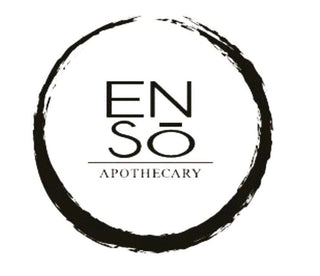WRITTEN BY INNERGY TEMPLE
GET TO KNOW NO. 2 PRANA FACE BAR SOAP & MASSAGE BODY BAR FORMULATED WITH PEPPERMINT & GRAPEFRUIT ESSENTIAL OILS
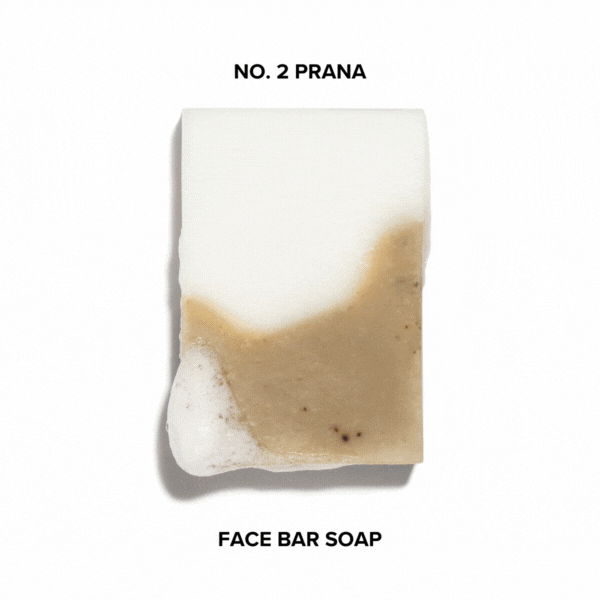
Acne may be aggravating, impacting not only your skin but also your attitude and mental conversation. If you want to treat acne and obtain cleaner, healthier skin, our handcrafted soaps with essential oils can help you improve your skincare regimen. In this piece, we'll talk about dōTERRA's acne-fighting essential oils, peppermint (Mentha piperita) and grapefruit (Citrus x paradisi), and how they may help you manage acne. Ensō Apothecary's No. 2 Prana bar soap is handmade from all-natural elements. Ensō Apothecary offers a full-circle approach to holistic self-care, combining vegan skincare with natural ingredients.
In our last blog article, Aromatherapy Handmade Vegan Bar Soaps By Ensō Apothecary: Combat Acne with Essential Oils in No. 1 Enso Face Bar Soap & Massage Body Bar, we delved into the complex realm of aromatherapy chemistry, revealing the ancient practice's incredible potential for holistic treatment. Essential oils, extracted from various plant parts, include a wide range of chemical components that contribute to their distinct aromas and medicinal properties. Every chemical family, from terpenes to esters, contributes significantly to overall well-being.
Understanding the complex chemical makeup of essential oils is critical for utilizing their healing benefits successfully and safely. Knowing these chemical components allows people to choose oils that are specific to their particular needs, providing the greatest possible effectiveness. Furthermore, combining oils with complimentary chemical profiles improves their therapeutic effects and promotes a holistic approach to wellbeing.
While our explanation offers a look into the subject of aromatherapy chemistry, individuals wanting to gain a greater understanding are encouraged to read our original blog article referenced above. There, you'll discover an in-depth review of essential oil chemistry, allowing you to make educated decisions about incorporating aromatherapy into your health regimen and realizing its full potential for boosting physical, mental, and emotional well-being.
Chemical Components of Peppermint Oil (Mentha piperita): A Refreshing Choice

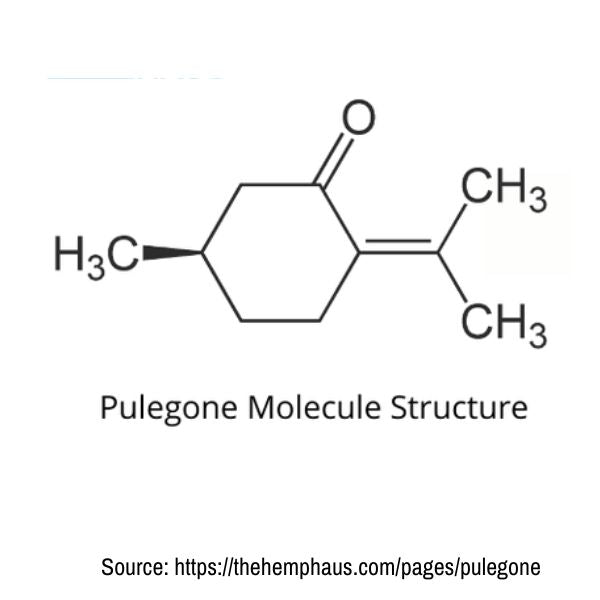
Peppermint (Mentha piperita) essential oil is composed of various chemical constituents, primarily belonging to the monoterpene chemical family. These constituents include menthol, menthone, limonene, and pulegone, among others. Menthol, in particular, contributes to the cooling sensation and refreshing aroma associated with peppermint oil, while menthone offers additional therapeutic properties. Limonene provides a citrusy scent and potential antioxidant benefits, while pulegone adds to the oil's minty aroma.
Peppermint (Mentha piperita) essential oil has significant antibacterial qualities, making it useful against acne-causing bacteria like *Propionibacterium acnes. Its antibacterial properties serve to prevent the growth of these harmful bacteria on the skin, lowering the likelihood of acne outbreaks and creating cleaner skin.
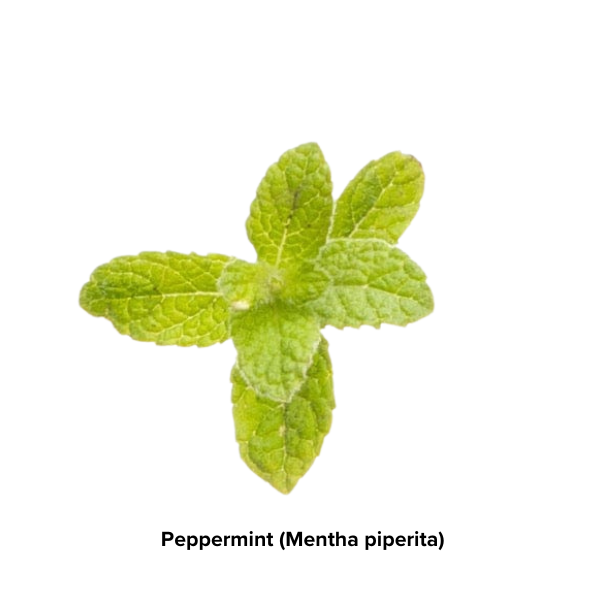
**Antimicrobial properties:**
Peppermint (Mentha piperita) oil has antibacterial and antimicrobial qualities, which contribute to its capacity to target a variety of microorganisms that may contribute to acne formation. The oil promotes a healthy skin microbiome and reduces acne production by preventing microbial proliferation.
**Antioxidant Properties:**
Peppermint (Mentha piperita) oil includes limonene, an antioxidant that helps neutralize free radicals and protects the skin from oxidative stress. It promotes skin health by minimizing oxidative damage, and it may help prevent acne flare-ups caused by environmental causes.
**Antiviral properties:**
While peppermint (Mentha piperita) oil is well recognized for its antibacterial and antimicrobial characteristics, it also has antiviral capabilities, which may be beneficial for acne-prone skin. It relieves symptoms and promotes quicker healing of acne lesions by targeting viral infections that might increase inflammation.
**Cooling properties:**
The cooling effect of peppermint (Mentha piperita) oil can be attributed to its menthol component, which relieves acne-related skin irritation, inflammation, and pain. The cooling action calms the skin, decreases redness, and diminishes acne spots, resulting in a refreshing and peaceful experience.
Exploring Grapefruit Oil (Citrus X paradisi):
Grapefruit (Citrus x paradisi) essential oil boasts a rich array of chemical components, including limonene, myrcene, alpha-pinene, sabinene, geraniol, linalool, and citronellal, among others. Notably, grapefruit (Citrus x paradisi) oil belongs to the monoterpene chemical family. One fascinating property of monoterpenes is their high lipophilicity, which allows them to easily penetrate the body's tissues.
Combatting Acne-Causing Bacteria: Unveiling the Properties of Grapefruit (Citrus x paradisi) Oil
Grapefruit (Citrus x paradisi) oil is packed with antibacterial and antimicrobial properties, making it a formidable weapon against acne-causing microorganisms. Its abundant limonene content enhances its antibacterial prowess, effectively inhibiting bacterial growth on the skin's surface.
Additionally, the presence of citronellal in grapefruit (Citrus x paradisi) oil adds to its antimicrobial potency, further curtailing the risk of acne breakouts.
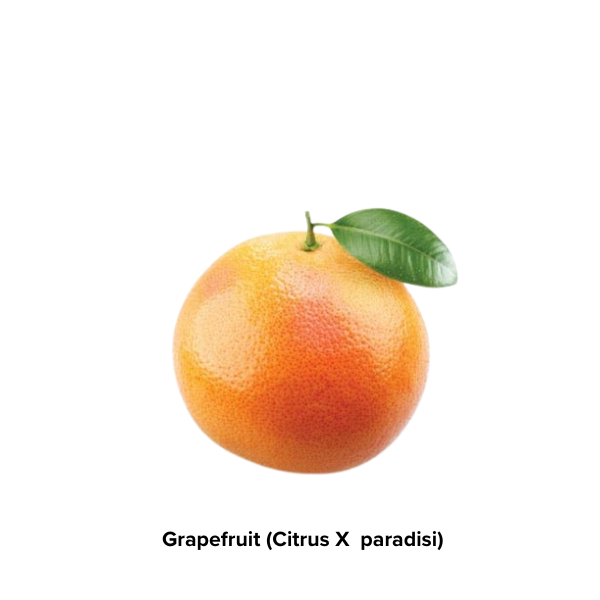
Beyond its antibacterial and antimicrobial properties, grapefruit (Citrus x paradisi) oil showcases remarkable antioxidant attributes, courtesy of its vitamin C and limonene content. These antioxidants diligently neutralize free radicals, safeguarding the skin from oxidative stress and inflammation commonly associated with acne.
While ongoing research delves into its antiviral qualities, grapefruit (Citrus x paradisi) oil's cooling properties provide immediate relief from acne-related irritation and redness, offering a soothing touch to inflamed skin.
Moreover, grapefruit (Citrus x paradisi) oil exhibits astringent characteristics, which not only tighten and tone the skin but also reduce pore size, promoting a smoother, more refined complexion.
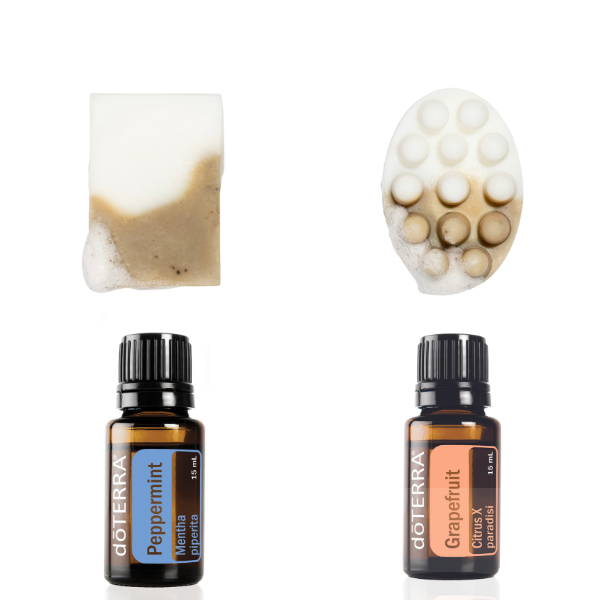
In conclusion, our No. 2 Prana Face Bar Soap and No. 2 Massage Body Bar are perfect if you want to support your acne using peppermint (Mentha piperita) and grapefruit (Citrus x paradisi) essential oils. All of our vegan soaps are made with coconut oil and other simple, clean, and natural ingredients. We do not include any harsh chemicals in our products. Clean skin is happy skin!
#ZEN4SKIN | #ZENWITHIN
*Propionibacterium acnes is a gram-positive human skin commensal that prefers anaerobic growth conditions and is involved in the pathogenesis of acne (Kirschbaum and Kligman, 1963). Acne is one of the most common skin diseases, affecting more than 45 million individuals in the United States. Source:Bhatia A, Maisonneuve JF, Persing DH. PROPIONIBACTERIUM ACNES AND CHRONIC DISEASES. In: Institute of Medicine (US) Forum on Microbial Threats; Knobler SL, O'Connor S, Lemon SM, et al., editors. The Infectious Etiology of Chronic Diseases: Defining the Relationship, Enhancing the Research, and Mitigating the Effects: Workshop Summary. Washington (DC): National Academies Press (US); 2004. Available from: https://www.ncbi.nlm.nih.gov/books/NBK83685/
References:
- Worwood, V. A., & Tisserand, R. (2017). Antimicrobial and Anti-Inflammatory Properties of Essential Oils: An Updated Review. Evidence-based Complementary and Alternative Medicine, 2017, 1–10. https://doi.org/10.1155/2017/4517971
- Kim, Y. J., & Yang, Y. C. (2019). Chemical composition and anti-inflammatory effects of peppermint (Mentha piperita) essential oil. Journal of Agricultural and Food Chemistry, 67(26), 7245–7254. https://doi.org/10.1021/acs.jafc.9b01005
- Lee, J. H., Kim, S. H., & Shin, E. C. (2018). Antimicrobial and antibiofilm activities of essential oils against acne-causing bacteria. Natural Product Communications, 13(9), 1195–1198.
- Orchard, A., & van Vuuren, S. (2017). Commercial Essential Oils as Potential Antimicrobials to Treat Skin Diseases. Evidence-based complementary and alternative medicine : eCAM, 2017, 4517971. https://doi.org/10.1155/2017/4517971
- Black, A., & Butje, K. (2018). Aromahead Institute. Copyright Black and Butje, Inc.
Disclaimer: The content provided in this blog post is for informational purposes only and should not be considered as medical advice. The information presented here is not intended to diagnose, treat, cure, or prevent any disease. Always consult with a qualified healthcare professional before using any essential oils or making changes to your healthcare regimen, especially if you are pregnant, nursing, have a medical condition, or are taking medications.
Furthermore, the statements made regarding the benefits of essential oils have not been evaluated by the Food and Drug Administration (FDA). Essential oils are not intended to substitute for professional medical advice or treatment. It is essential to conduct thorough research and seek guidance from healthcare professionals before using essential oils, particularly if you have any underlying health concerns.
Individual results may vary, and the efficacy of essential oils may differ based on individual circumstances. The author and publisher of this blog post are not liable for any adverse effects or consequences resulting from the use of information presented herein.
